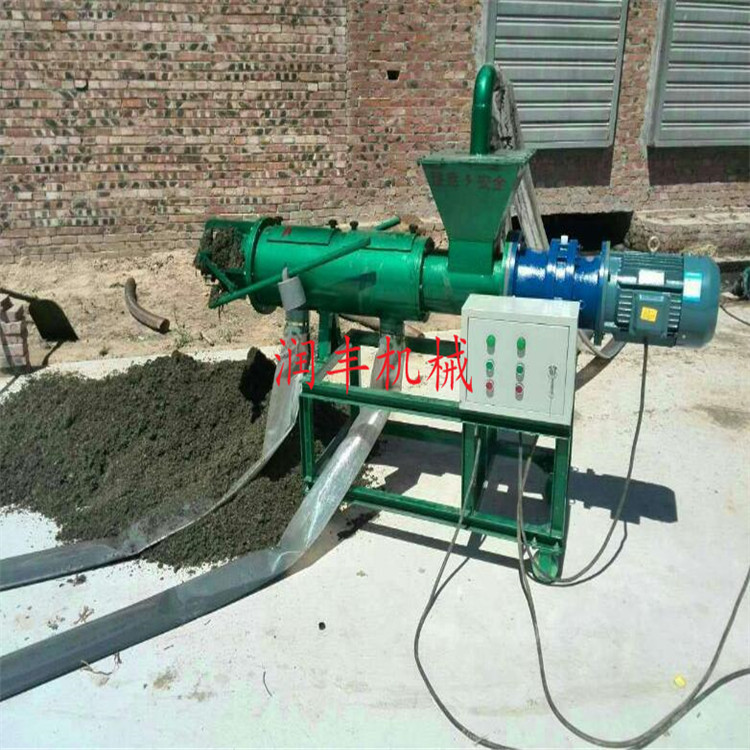Environmental Protection Breakthrough of Freshmen in Sewage Treatment
Global environmental problems have become increasingly prominent, and water pollution has become one of the important factors affecting human survival and development. In order to meet this challenge, countries have increased their investment in research and development of sewage treatment technology, striving to make new progress in protecting water resources and improving water quality. In recent years, driven by science and technology and policy, a series of exciting innovations have been ushered in the field of sewage treatment, which has provided strong technical support for achieving the goal of sustainable development.
First, the new application of biofilm process in sewage treatment
Although the traditional activated sludge process is widely used in urban life and industrial wastewater treatment, it has some shortcomings such as large land occupation, high energy consumption and complicated maintenance and management. Biofilm law is gradually favored for its compact structure, low operating cost and strong impact load resistance. Recently, researchers found that by optimizing carrier materials and microbial community structure, the removal efficiency of organic matter and ammonia nitrogen conversion rate can be significantly improved, and the residue of harmful substances can be reduced, making the effluent quality more stable and reliable.
Second, the promotion and use of advanced oxidation technology
It is difficult to achieve ideal results by conventional physical and chemical means for refractory pollutants such as pharmaceutical ingredients in pharmaceutical wastewater or liquid with high chroma discharged from dye factories. For this reason, scientists have developed a variety of advanced oxidation processes (AOPs) based on the principle of free radical reaction, such as Fenton reagent method and ozone oxidation method. These new technologies can effectively destroy the molecular chain of toxic compounds, transform them into harmless small molecular substances or directly mineralize them into CO2 and H2O, thus completely solving the problem of "intractable" pollutants.
Third, pay equal attention to resource recovery and energy regeneration
In addition to purifying water quality, modern sewage treatment also focuses on extracting useful substances and energy from wastewater to achieve a win-win situation of economic benefits and environmental protection. For example, using biogas generated in anaerobic digestion process to generate electricity; Sludge rich in phosphorus and potassium is made into fertilizer and applied to farmland; Even rare metal ions can be recovered from some specific types of industrial waste liquid. This not only helps to reduce the overall operating costs, but also explores a feasible path for the circular economy model.
In short, the current scientific and technological innovation in the field of sewage treatment is showing a diversified trend, covering many levels from source control to terminal treatment to resource utilization. future, we have reason to believe that with the joint efforts of all walks of life, more efficient, low-consumption and environment-friendly solutions will emerge, so that every drop of water can carry the hopes and dreams of life.
 Environmental obstacles to sew
Environmental obstacles to sew
 The promotion of air purificat
The promotion of air purificat
 Environmental protection condi
Environmental protection condi
 Sewage treatment is of great s
Sewage treatment is of great s


